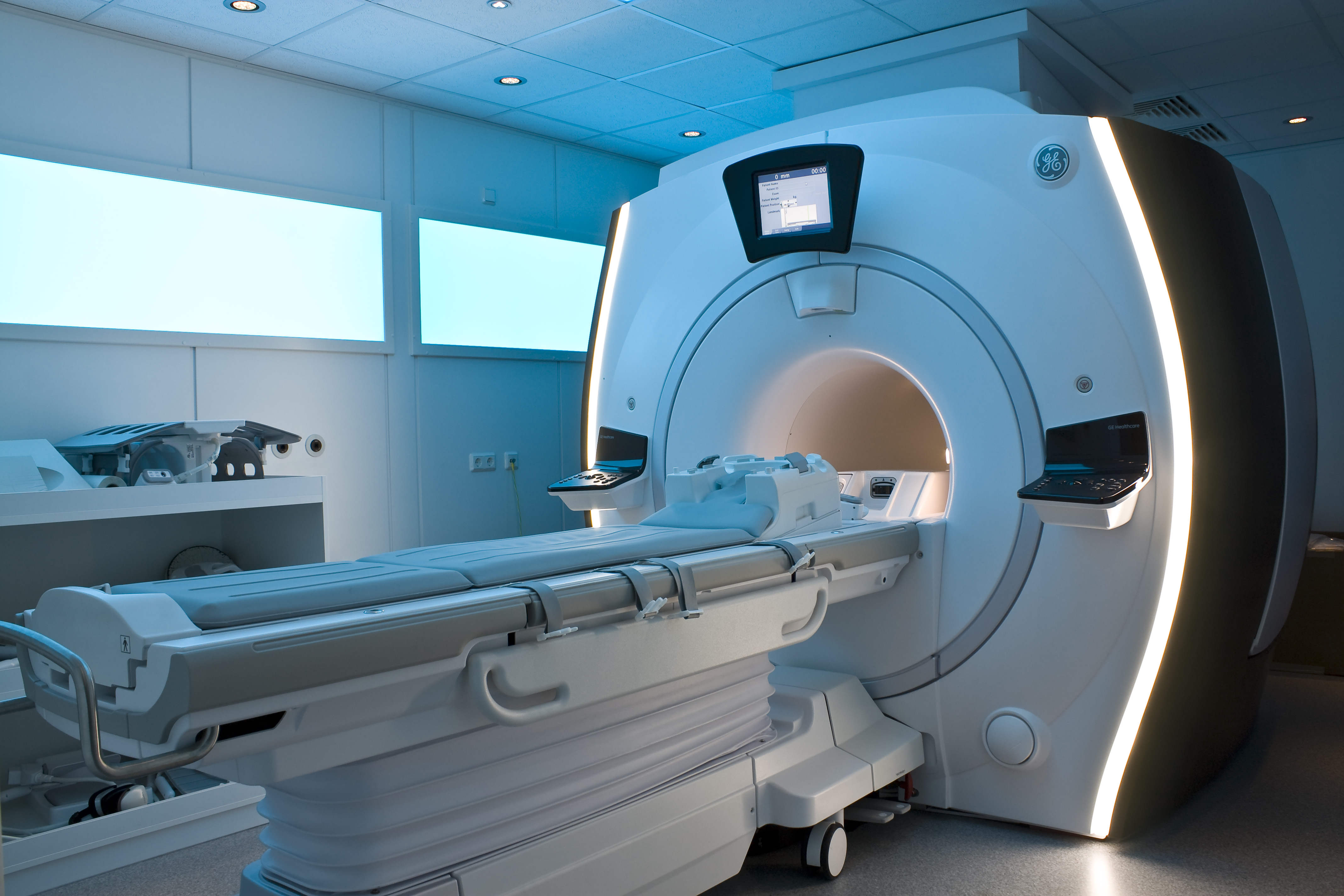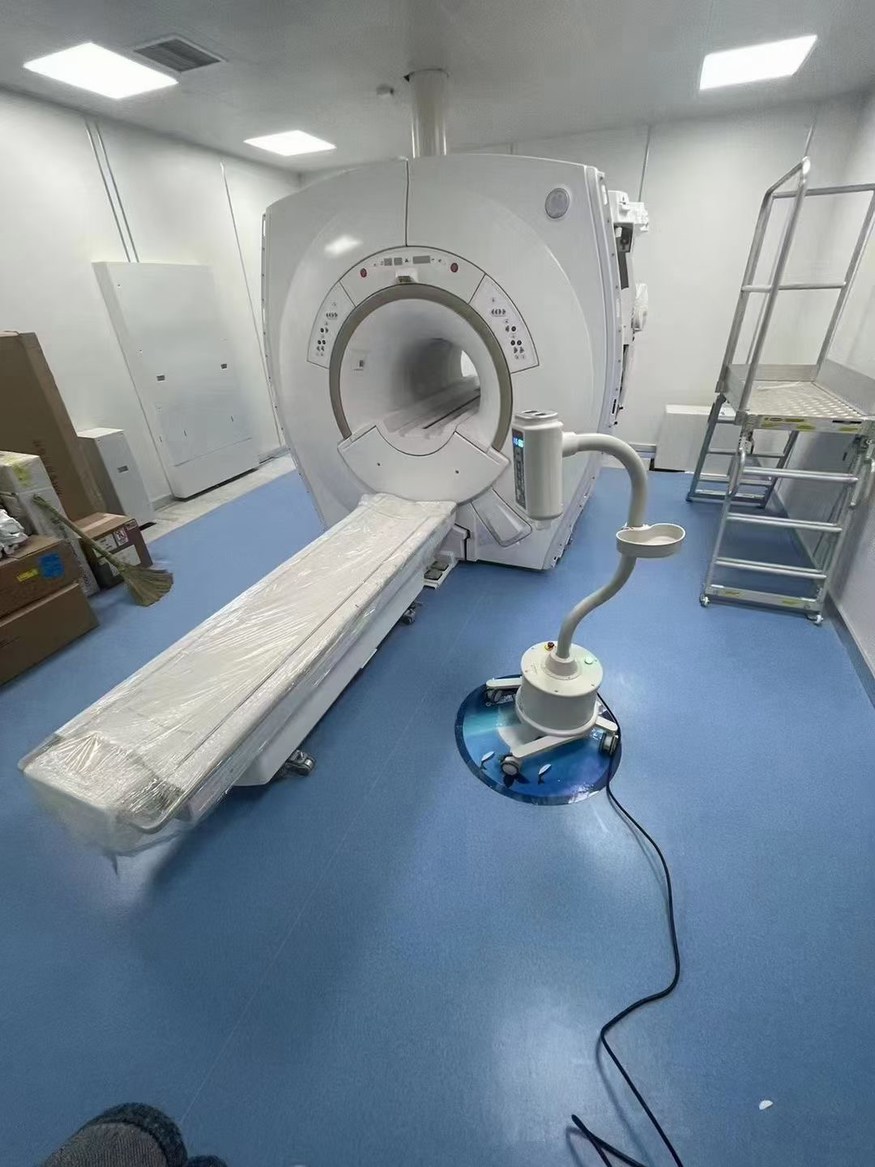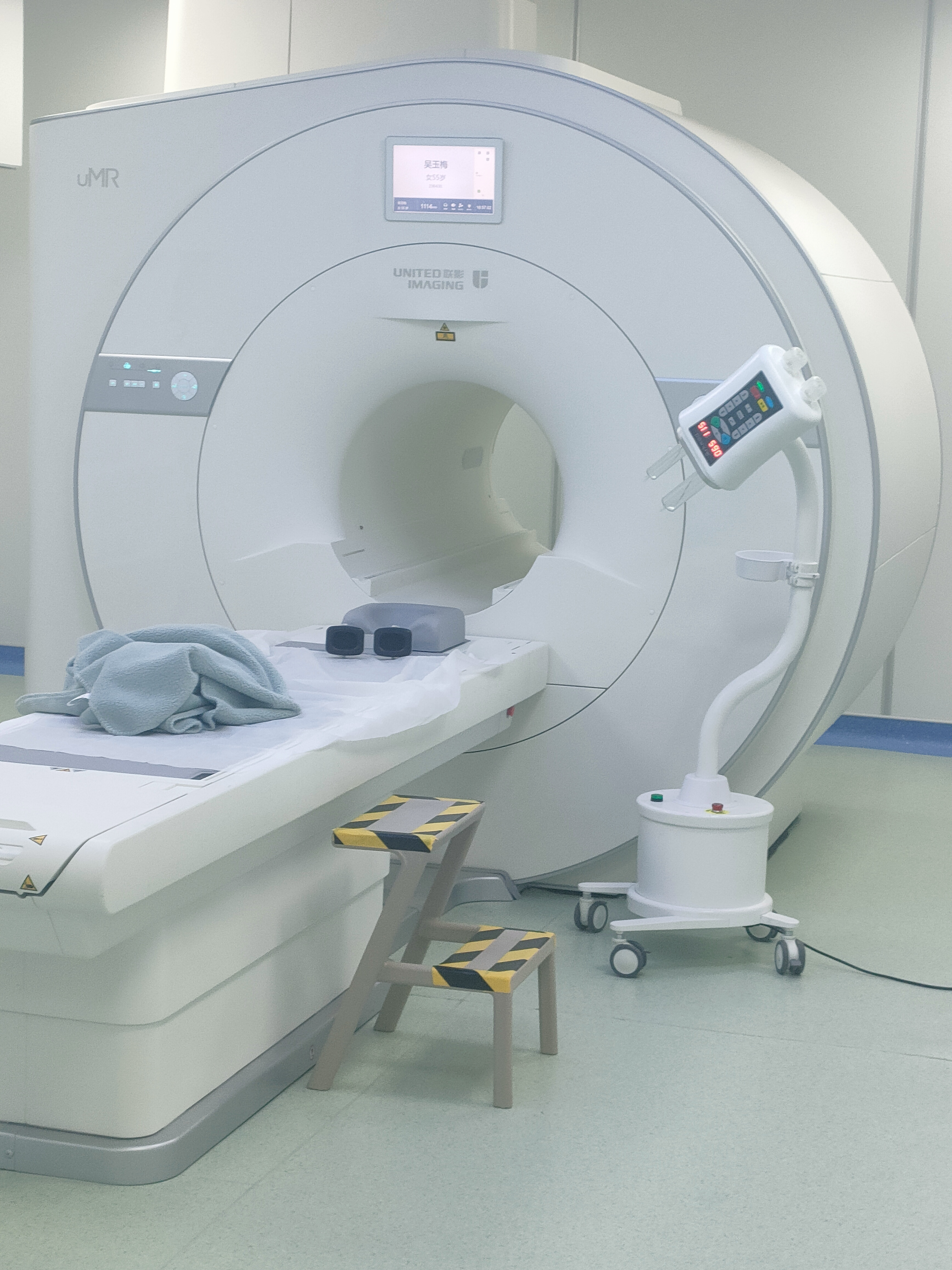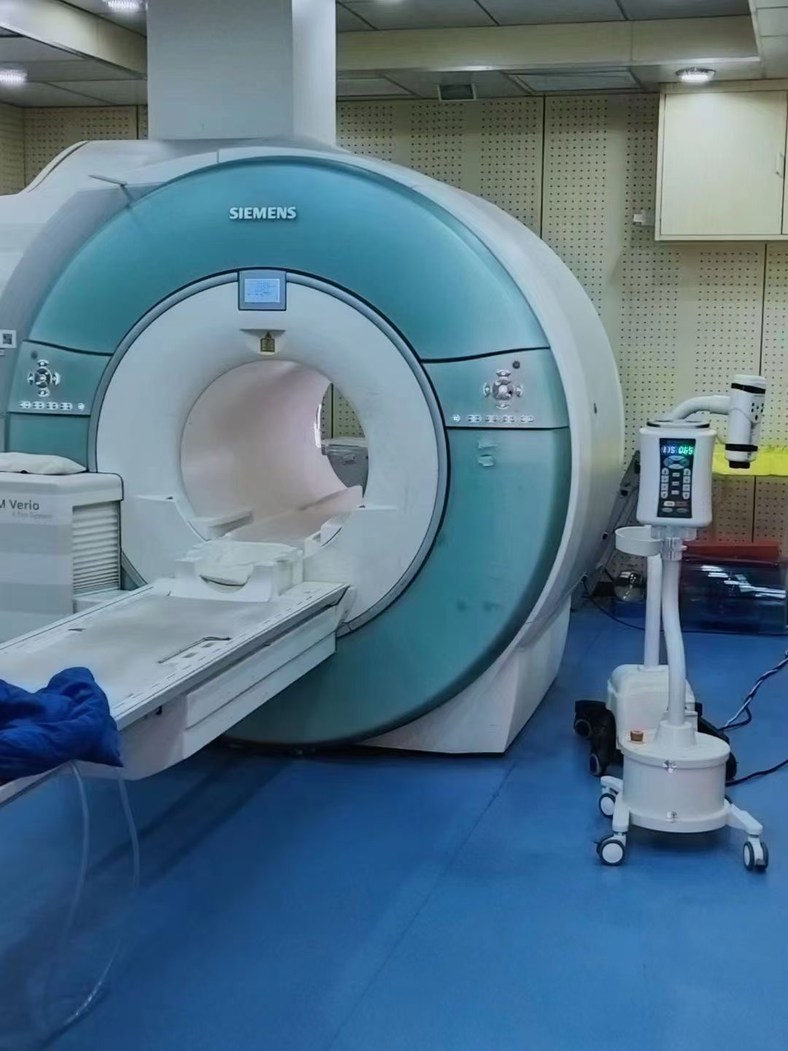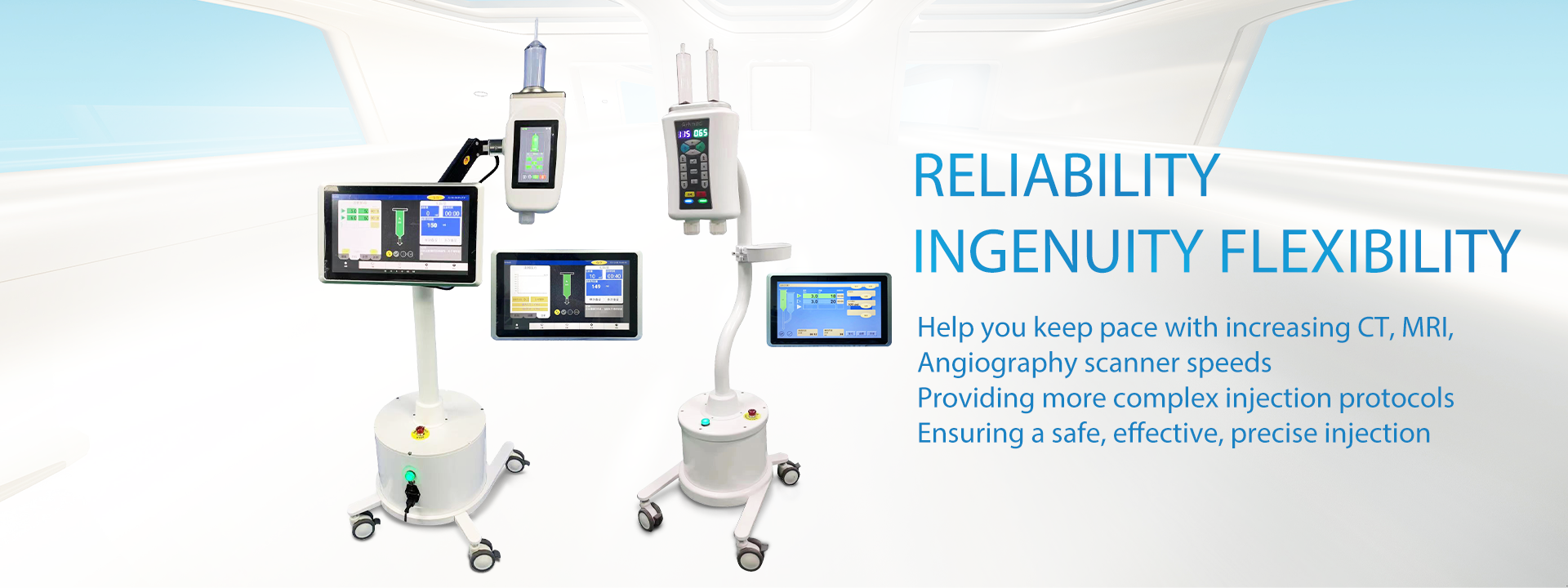When we go to the hospital, the doctor will give us some imaging tests according to the need of the condition, such as MRI, CT, X-ray film or Ultrasound. MRI, magnetic resonance imaging, referred to as “nuclear magnetic”, let’s see what ordinary people need to know about MRI.
Is there radiation in MRI?
At present, MRI is the only radiology department without radiation examination items, the elderly, children and pregnant women can do. While X-ray and CT are known to have radiation, MRI is relatively safe.
Why can’t I carry metal and magnetic objects on my body during MRI?
The main body of the MRI machine can be compared to a huge magnet. No matter whether the machine is turned on or not, the huge magnetic field and huge magnetic force of the machine will always exist. All metal objects containing iron, such as hair clips, coins, belts, pins, watches, necklaces, earrings and other jewelry and clothing, are easy to be sucked up. Magnetic items, such as magnetic cards, IC cards, pacemakers, hearing AIDS, mobile phones and other electronic devices, are easily magnetized or damaged. Therefore, other accompanying persons and family members must not enter the scanning room without the permission of the medical staff; If the patient must be accompanied by an escort, they should be agreed by the medical staff and prepared according to the requirements of the medical staff, such as not bringing mobile phones, keys, wallets and electronic devices into the scanning room.
Metal objects and magnetic objects sucked up by MRI machines will have serious consequences: first, the image quality will be seriously affected, and second, the human body will be easily injured and the machine will be damaged during the inspection process. If the metal implant in the human body is brought into the magnetic field, the strong magnetic field can make the implant temperature increase, overheat and damage, and the position of the implant in the patient’s body may change, and even lead to different degrees of burns in the patient’s implant site, which can be as severe as third-degree burns.
Can MRI be done with dentures?
Many people with dentures worry about not being able to get an MRI, especially older people. In fact, there are many kinds of dentures, such as fixed dentures and movable dentures. If the denture material is not metal or titanium alloy, it has little effect on MRI. If the denture contains iron or magnetic components, it is best to remove the active denture first, because it is easy to move in the magnetic field and affect the quality of the inspection, which will also pose a threat to the safety of patients; If it is a fixed denture, do not worry too much, because the fixed denture itself will not move, the resulting artifacts are relatively small. For example, to do brain MRI, fixed dentures only have a certain impact on the film (that is, the image) taken, and the impact is relatively small, generally does not affect the diagnosis. However, if the part of the examination happens to be in the position of the denture, it still has a great impact on the film, and this situation is less, and the medical staff need to be consulted on the scene. Do not give up eating for fear of choking, because you do not do MRI because you have fixed dentures.
Why do I feel hot and sweaty during MRI?
As we all know, mobile phones will be a little hot or even hot after making calls, surfing the Internet or playing games for a long time, which is due to the frequent reception and transmission of signals caused by mobile phones, and people undergoing MRI are just like mobile phones. After people continue to receive RF signals, the energy will be released into heat, so they will feel a little hot and dissipate heat through sweating. Therefore, sweating during MRI is normal.
Why is there so much noise during MRI?
The MRI machine has an internal component called the “gradient coil”, which produces a constantly changing current, and the sharp switch of current leads to high-frequency vibration of the coil, which produces noise.
At present, the noise caused by MRI equipment in hospitals is generally 65 ~ 95 decibels, and this noise can cause certain damage to patients’ hearing when receiving MRI without ear protection devices. If the earplugs are used properly, the noise can be reduced to 10 to 30 decibels, and there is generally no damage to hearing.
Do you need a “shot” for MRI?
There is a class of examinations in MRI called enhanced scans. An enhanced MRI scan requires an intravenous injection of a drug that radiologists call a “contrast agent,” primarily a contrast agent containing “gadolinium.” Although the incidence of adverse reactions with gadolinium contrast agents is low, ranging from 1.5% to 2.5%, it should not be ignored.
The adverse reactions of gadolinium contrast agents included dizziness, transient headache, nausea, vomiting, rash, taste disturbance, and cold at the injection site. The incidence of serious adverse reactions is extremely low and can be manifested as dyspnea, decreased blood pressure, bronchial asthma, pulmonary edema, and even death.
Most patients with severe adverse reactions had a history of respiratory disease or allergic disease. In patients with renal insufficiency, gadolinium contrast agents may increase the risk of renal systemic fibrosis. Therefore, gadolinium contrast agents are contraindosed in persons with severely impaired renal function. If you feel unwell during or after the MRI examination, inform the medical staff, drink plenty of water, and rest for 30 minutes before leaving.
LnkMed focuses on the development, manufacture and production of high pressure contrast agent injetcors and medical consumables suitable for major well-known injectors. Up to now, LnkMed has launched 10 products with fully independent intellectual property rights to the market, including CT single injector, CT dual head injector, DSA injector, MRI injector, and compatible 12-hour pipe syringe and other high-quality domestic products, the overall performance index has reached the international first-class level, and the products have been sold to Australia, Thailand, Brazil, and other countries. Zimbabwe and many other countries. LnkMed will continue to provide high-quality products for the field of medical imaging, and strive to improve image quality and patient health. Your inquiry is welcome.
Post time: Mar-22-2024


